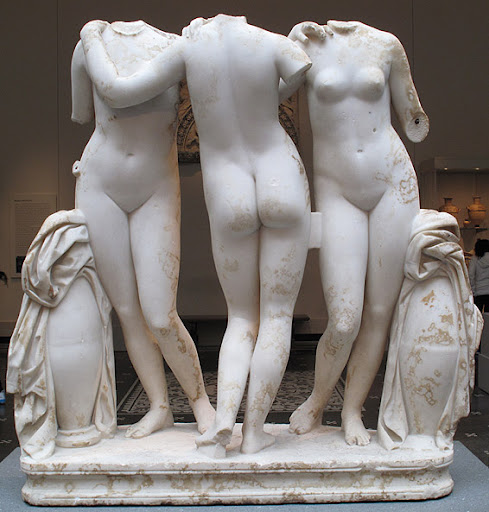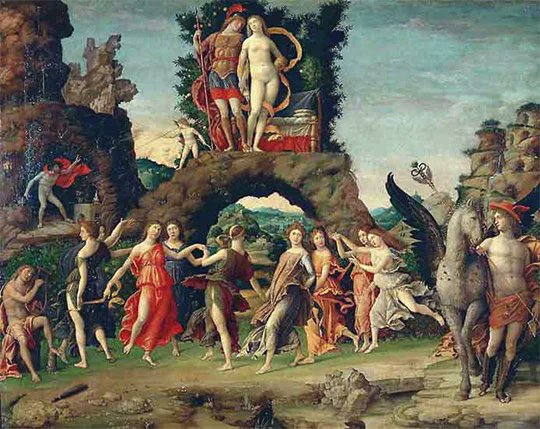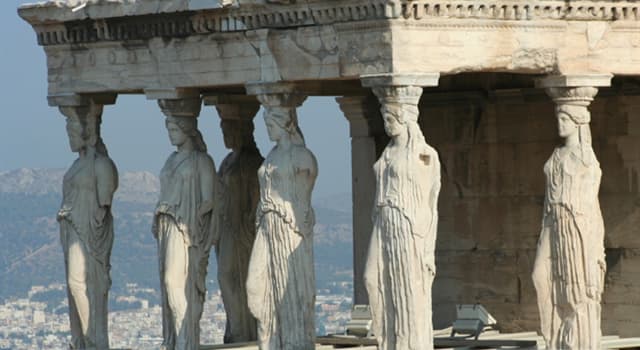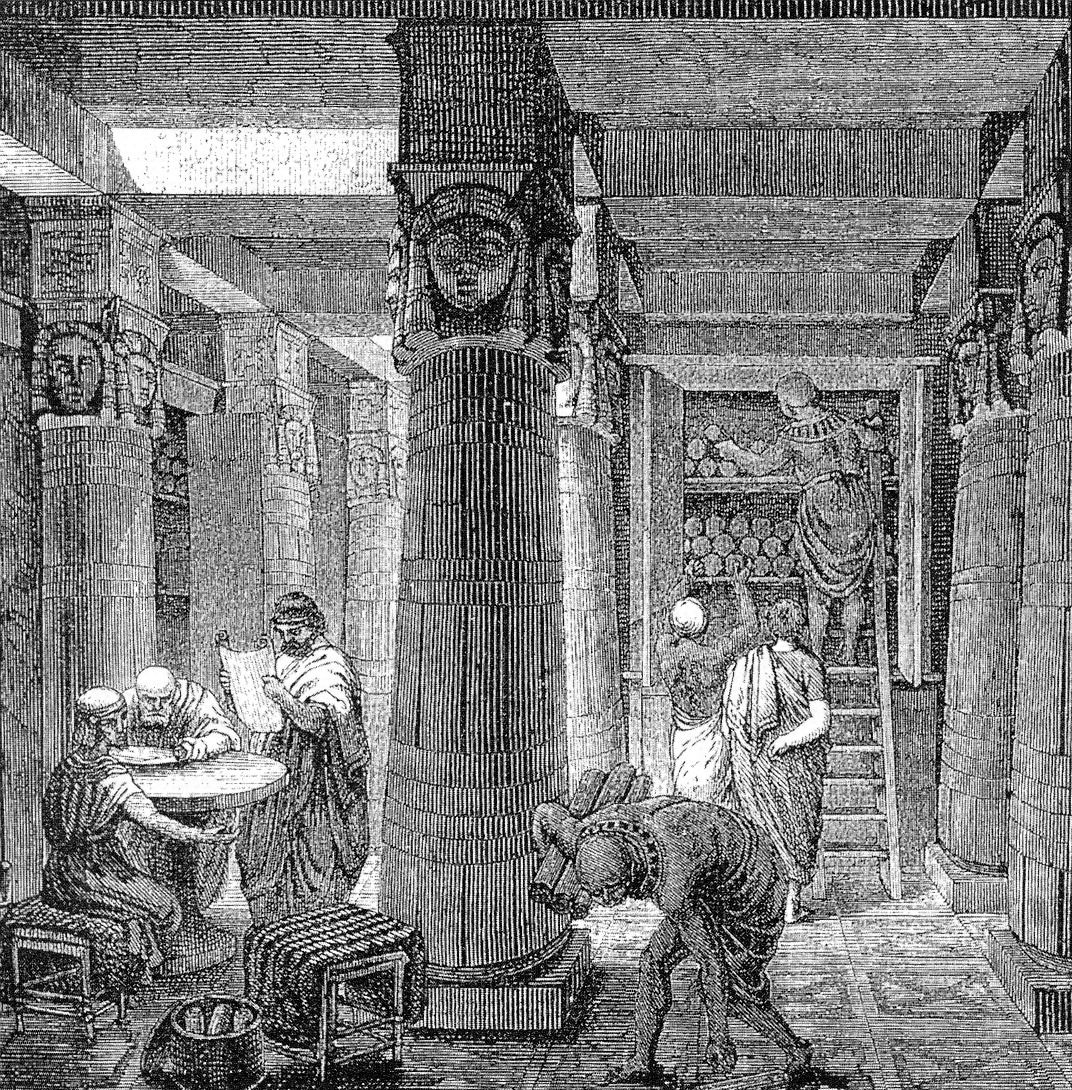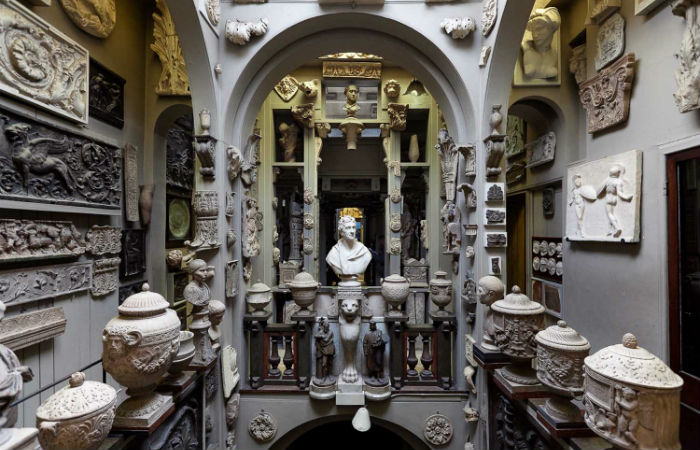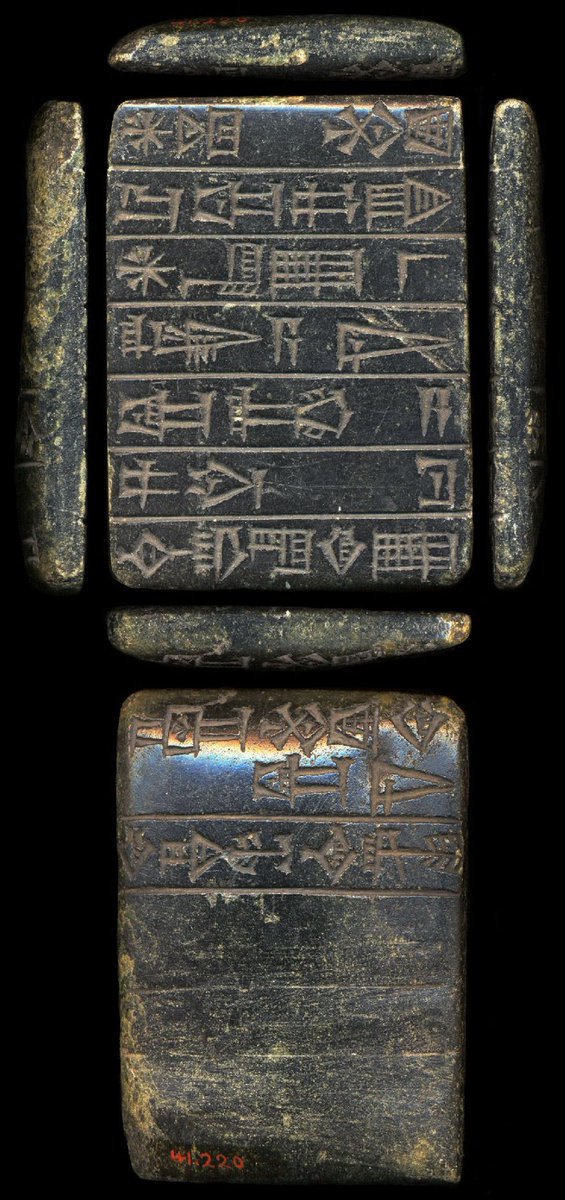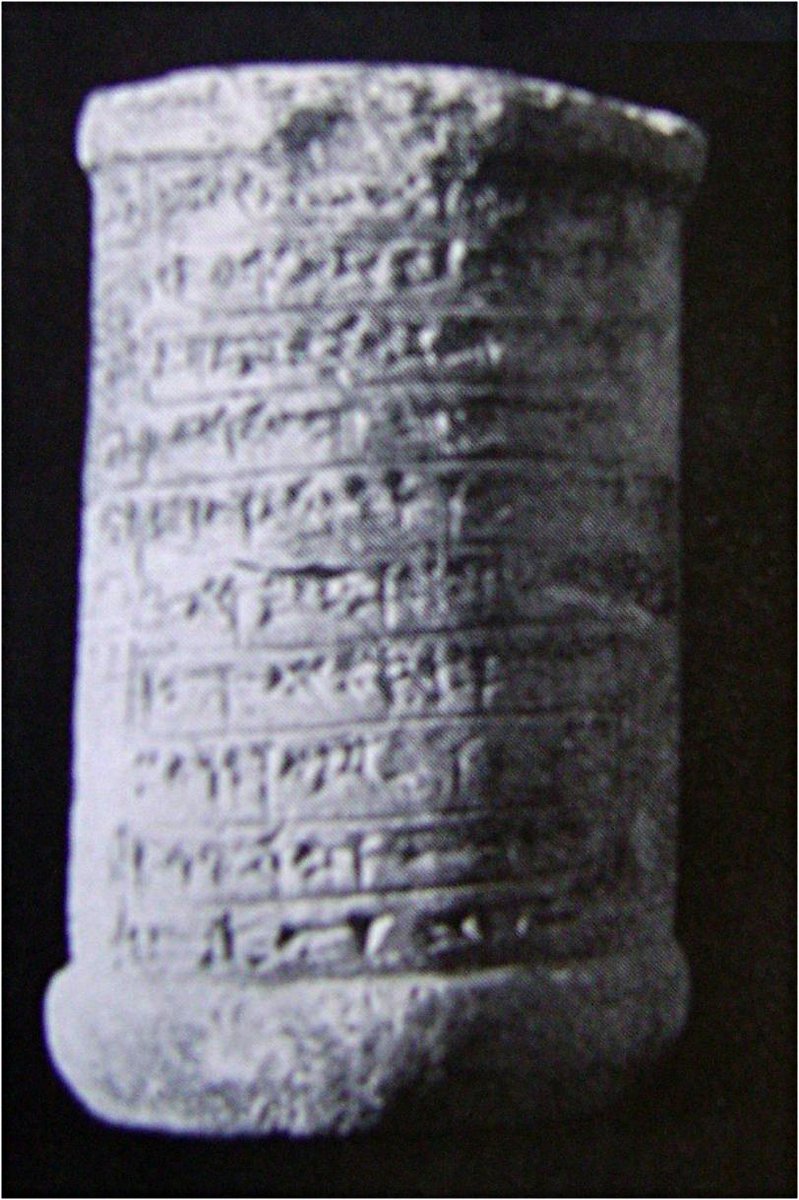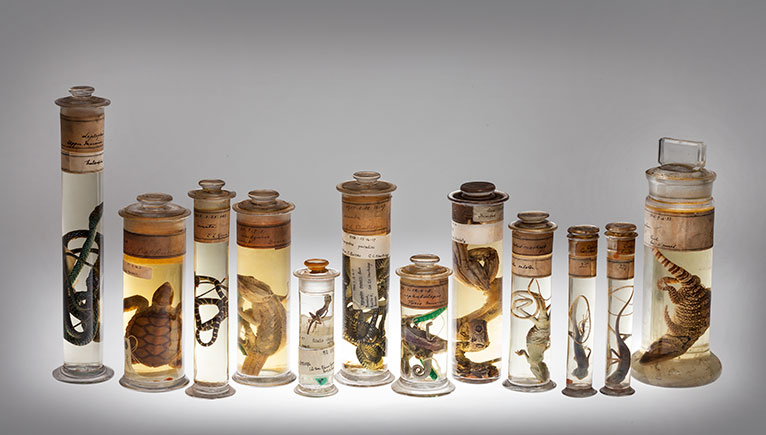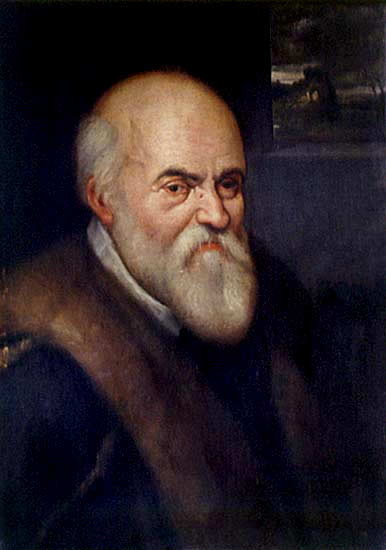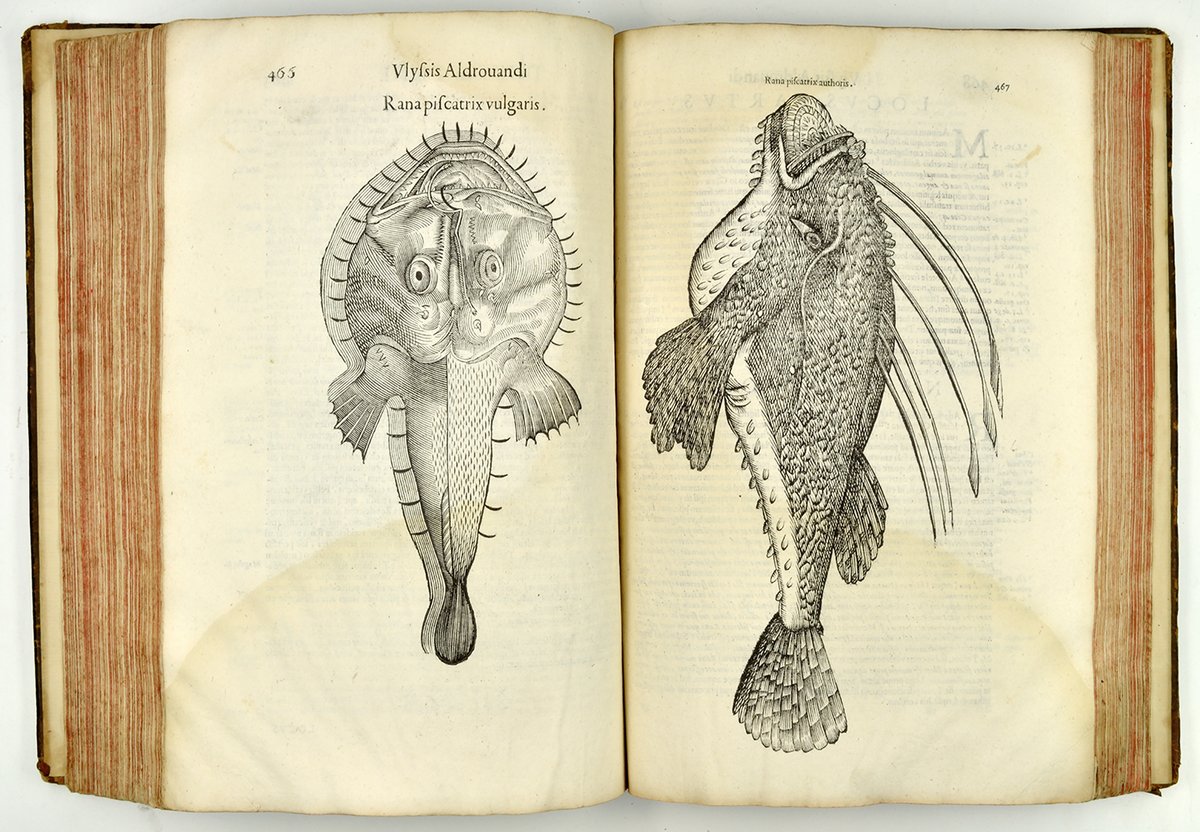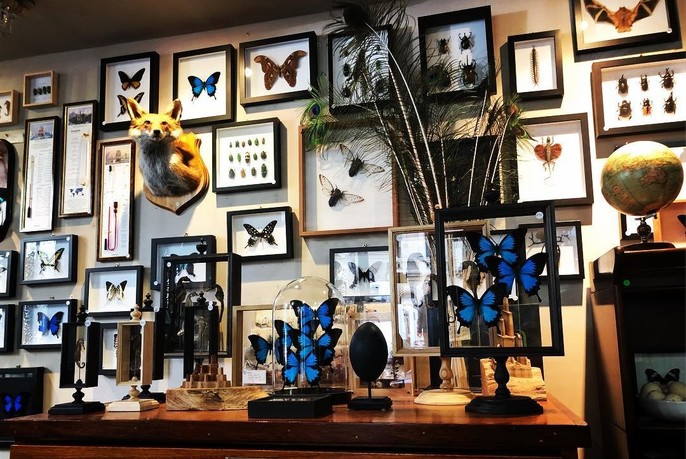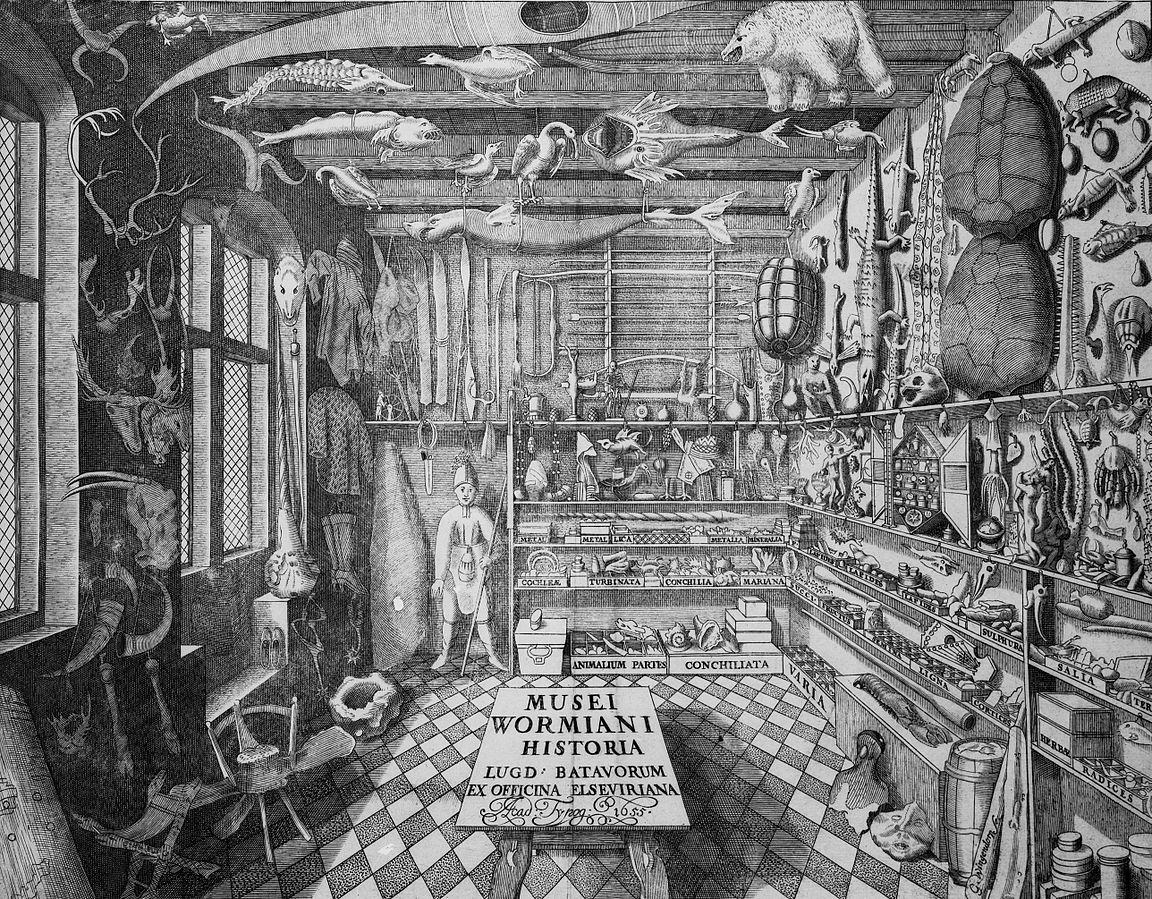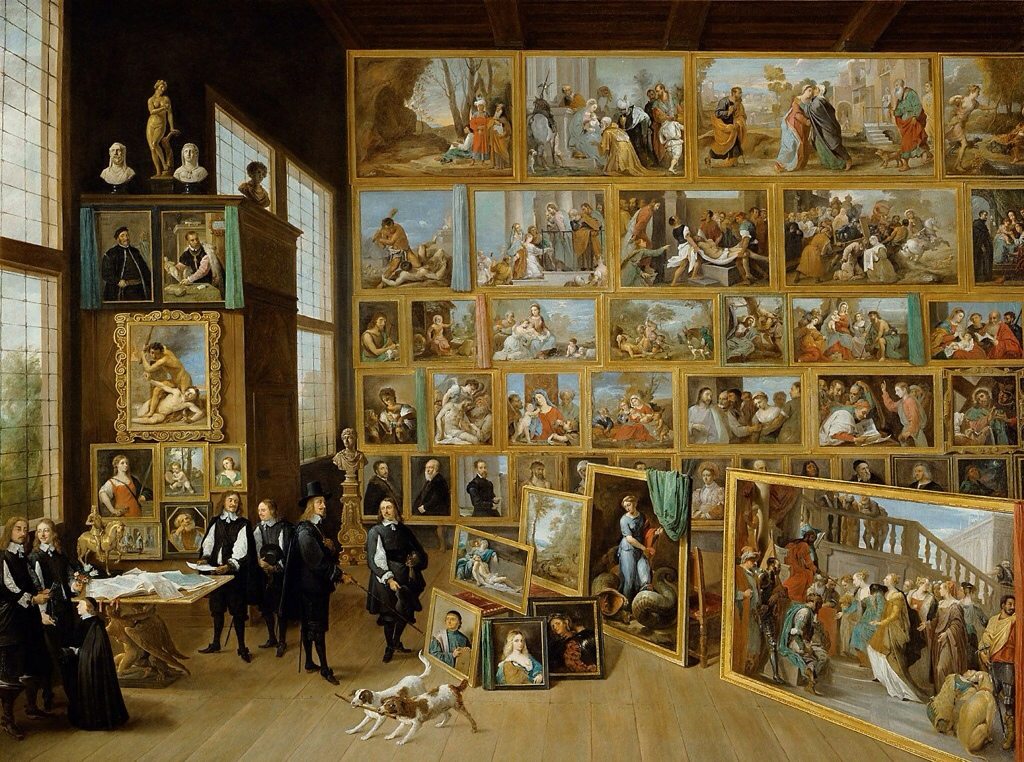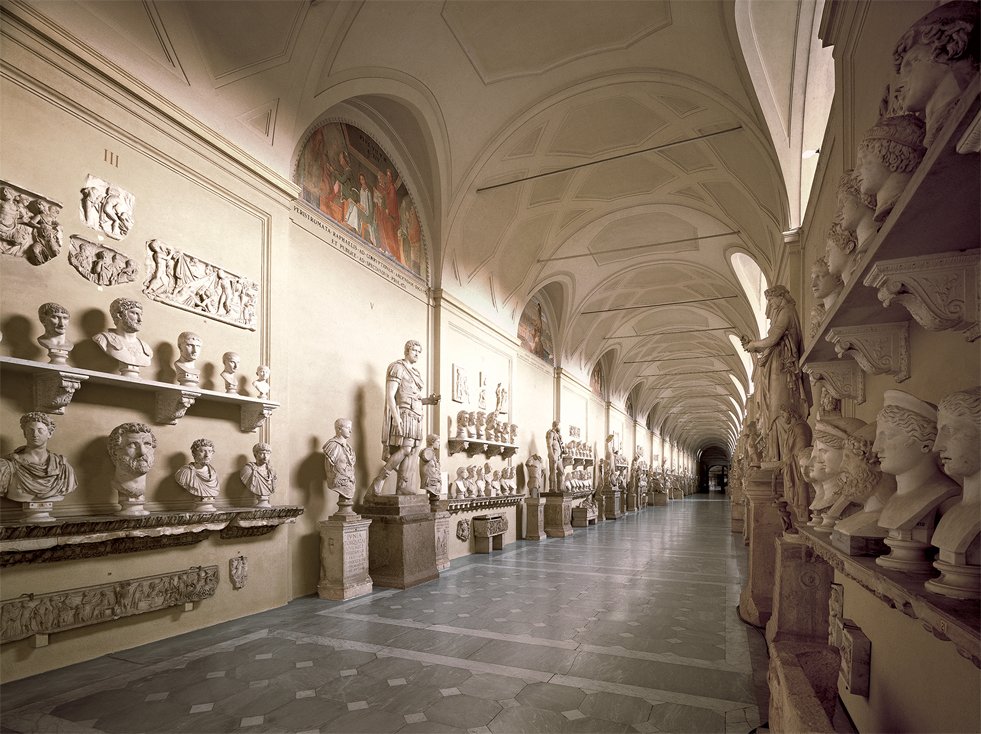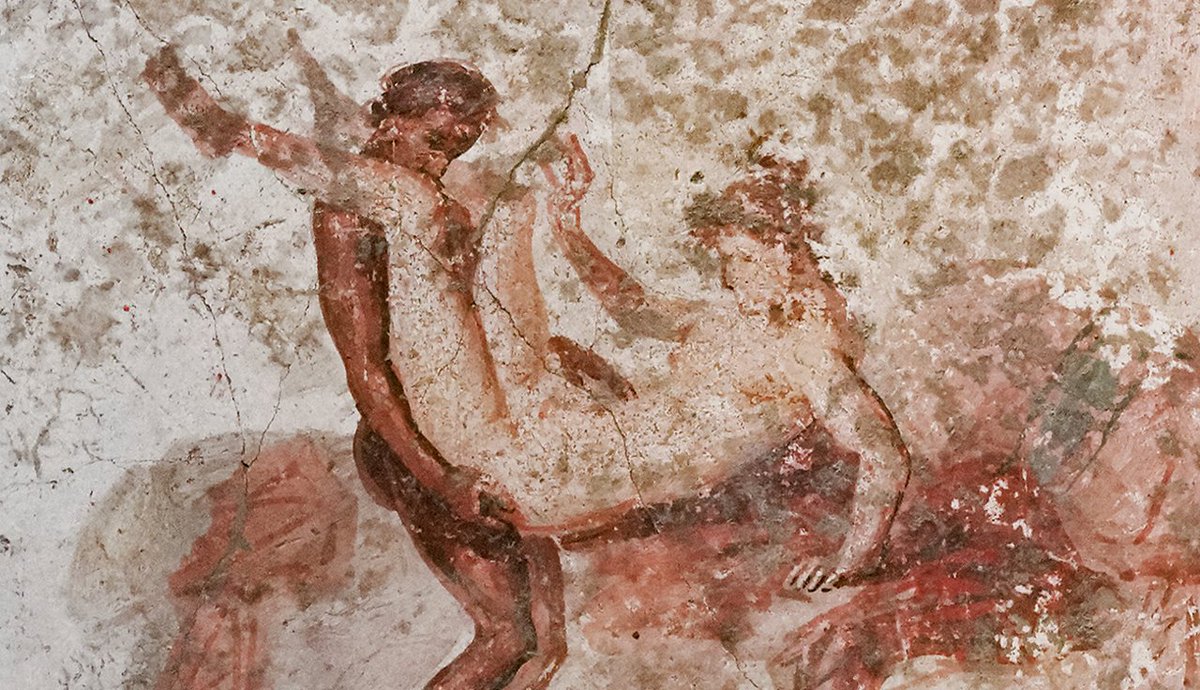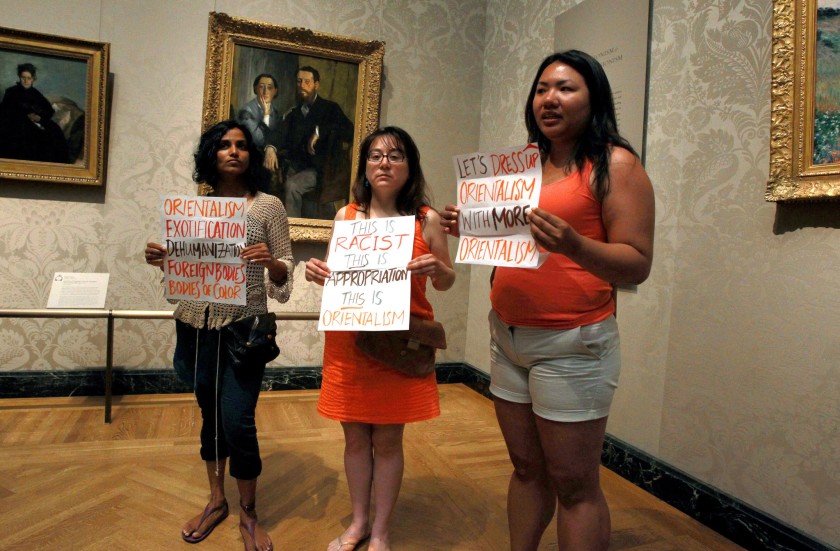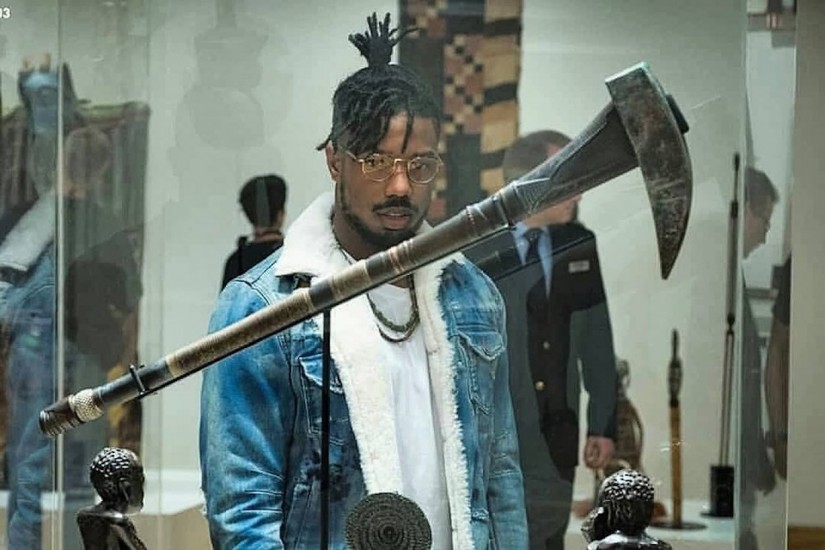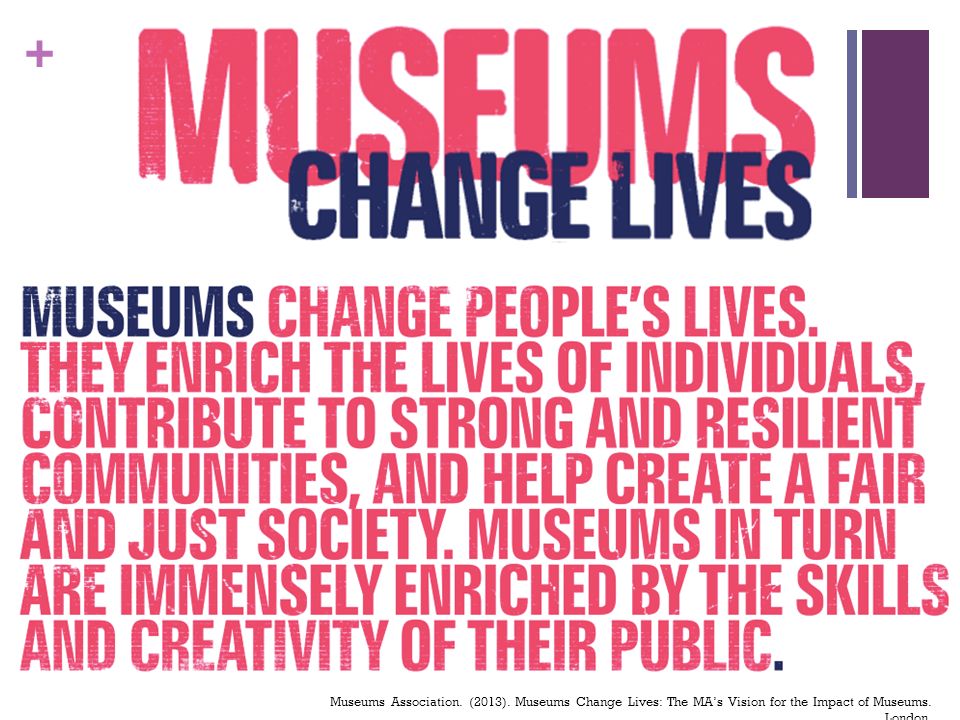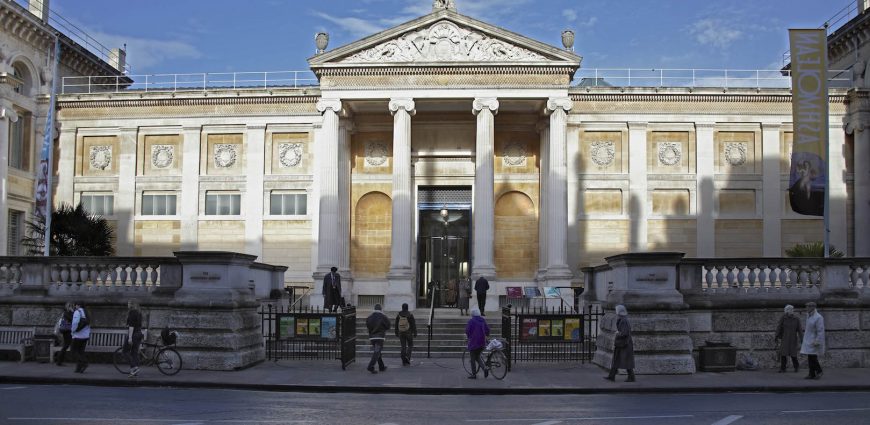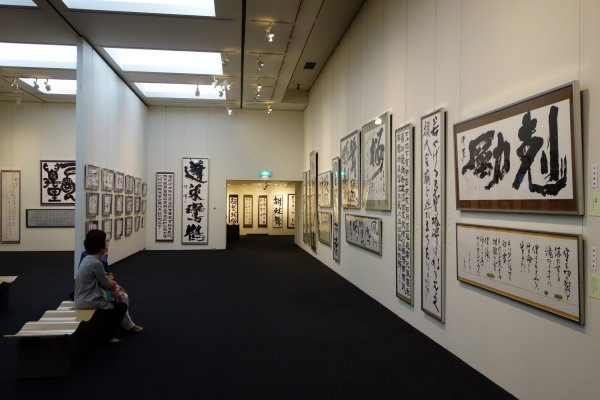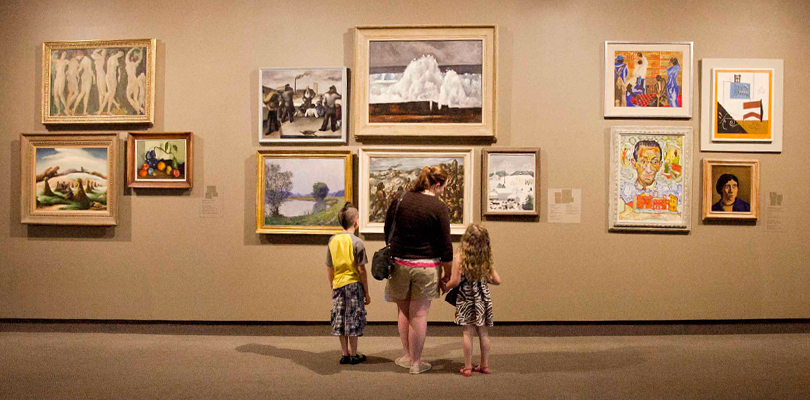Hello everyone! Hope you brought your packed lunch and some money for the gift shop!
Please indulge me: I want to chat about something I’m really passionate about… museums!
What is a museum?
Where do they come from?
How have they changed?
And what might their future be? 1/
Please indulge me: I want to chat about something I’m really passionate about… museums!
What is a museum?
Where do they come from?
How have they changed?
And what might their future be? 1/
To understand something, it can help to start with the words we use. Understand the origin of a word and you can learn a little bit about the thing.
So Museum originates from a Greek words Μουσεῖον ‘Mooze-eon’ meaning a place devoted to ‘the muses’.
So what are the Muses? 2/
So Museum originates from a Greek words Μουσεῖον ‘Mooze-eon’ meaning a place devoted to ‘the muses’.
So what are the Muses? 2/
The Muses were the inspirational Greek goddesses or anthropomorphised forms of the arts, literature and sciences. They were often depicted as 3 young women named Melete or "Practice", Mneme or "Memory" and Aoide or "Song". 3/
Although other versions tell of 9; Calliope (epic poetry), Clio (history), Euterpe (wind instruments and lyric poetry), Thalia (comedy and pastoral poetry), Melpomene (tragedy), Terpsichore (dance), Erato (love poetry), Polyhymnia (sacred poetry), and Urania (astronomy). 4/
Traditionally a Μουσεῖον was a place that was devoted to a celebrating the arts and sciences. Places of learning, but also history and aesthetic pleasure. 5/
The Mouseion at Alexandria was a famous school and an archive of texts and artworks. It was a hybrid between a theatre, university and a library and is the birthplace of the contemporary word ‘Museum’; A building devoted to preserving and sharing knowledge and the arts. 6/
For much of history, museums were the project or lifework of a wealthy individual; A stately home holding artefacts of significance. The person who decided what was (and wasn’t significant) would be the person with the money. Museums were monuments to the benefactor’s taste. 7/
One incredibly early example was Ennigaldi-Nanna's Museum. This was founded and curated by the daughter of a Babylonian King. Clay drums were used to label and list the artefacts in the collection. 8/
The need to not just collect any old thing the benefactor thought ‘looked cool’ would move towards a singular purpose, that of preserving ‘the true nature of things’. This idea is still embodied in many contemporary zoology collections. 9/
Naturist Ulisse Aldrovandi of 16th Century Italy, wished to establish a museum that was an encyclopedia of the natural world. The aim was to amass as much stuff as possible, all of which would be displayed. The idea was that the more you collected, the more could be known. 10/
There has been this swing in the history of museums between a focus on ‘style’ to ‘substance’, an argument that still rages to today!
For a long time museums were either showy symbols of fame and wealth, or secret academic collections only for those deemed worthy of them. 11/
For a long time museums were either showy symbols of fame and wealth, or secret academic collections only for those deemed worthy of them. 11/
The German concept of the Kunstkammer and Wunderkammer, ‘cabinets of curiosities’ flourished in the 16th and 17th century. These were collections of stuff assembled to be primarily impressive and aesthetically pleasing and also to show off the owner’s social standing. /12
This was a clout game: 'Look at my collection of expensive and intriguing things, look how well connected I am. Look how cultured I am!'
A Wunderkammer was the blue tick of the 17th century Elite. 13/
A Wunderkammer was the blue tick of the 17th century Elite. 13/
Wunderkammers were designed to be seen. Whereas on the flipside, the Chiaramonti Museum in the Vatican had a priceless collection of artworks but was open only to a select few; Notably white, male, wealthy, academics. 14/
As we move to the 18th century we see more public collections. Although this would still be strictly controlled. Erotic artworks found in Pompeii could only be viewed in a special room at The Naples National Archaeological Museum by ‘men of mature age and respected morals’! 15/
Ok, let’s address the great big blood stain on the cabinet...
Colonialism and the rape and pillage of art, culture, resources and people are closely tied to the history of all Museums.
A Museum, as we see them today, are symbols of empire and colonialism. 16/
Colonialism and the rape and pillage of art, culture, resources and people are closely tied to the history of all Museums.
A Museum, as we see them today, are symbols of empire and colonialism. 16/
They are lockboxes full of the treasures amassed by individuals and countries, guarded like a dragon's hoard. This is a WHOLE other thread that I will write, but please let it at least be acknowledged here that Museums cannot ever be separated from this dark history. 17/
From the 18th century a move in Europe to Museums being part of the uplifting of ‘lower classes’; access to art and culture was seen to be a way that wealthy patrons might kindly bestow their gifts on the huddled masses...18/
Nowadays this seems incredibly patronising, but one positive thing that came from this mindset was that there was an understanding that museums could be for anyone and that they could change and improve lives. 19/
Arguably, the Ashmoleon museum in Oxford was the first truly public museum, all the way back in 1683 it was, at least theoretically, open for all to visit. But from the 19th century most museums in Europe would move to be more public spaces. /20
This wasn't just happening in Europe: In Japan and China Hakubutsukan, a 'house of extensive things' would become a popular way of showing cultural, artistic and scientific collections. 21/
Today around the world we see museums of every kind imaginable. The biggest issues we see is how they stay relevant, useful and kind in the modern world. There are huge arguments about repatriation (see point 12), equality of access, cost and purpose. 22/
So do museums have a future? I am biased, but I believe they do. But they are going to need to flex and twist like never before. A museum needs to be more than a nice building with headless torsos and a cafe. 23/
Many will need to also be political forums, town squares, safe spaces, festival sites and digital hubs. The speed to which museums can preserve their past (the good stuff) but step into the present will dictate whether they are still here in 100 years. 24/
If you've read this far, phew, well done.
I just wanted to shout out a few museums that are doing amazing things, pushing forwards and reinventing what the word Museum can mean.
@our_MoH @AncientHouseMus @vagina_museum @AuschwitzMuseum @womenslibrary @MoTransology @EurekaMersey
I just wanted to shout out a few museums that are doing amazing things, pushing forwards and reinventing what the word Museum can mean.
@our_MoH @AncientHouseMus @vagina_museum @AuschwitzMuseum @womenslibrary @MoTransology @EurekaMersey

 Read on Twitter
Read on Twitter